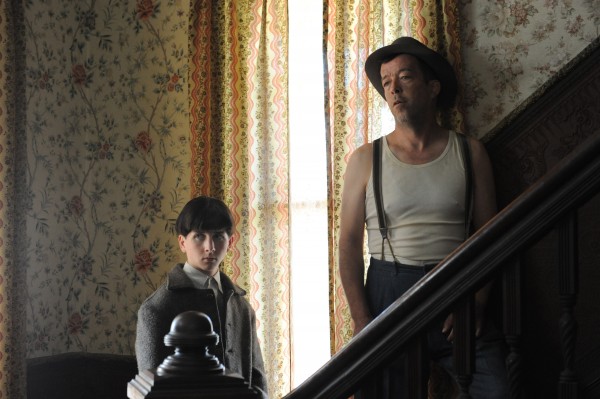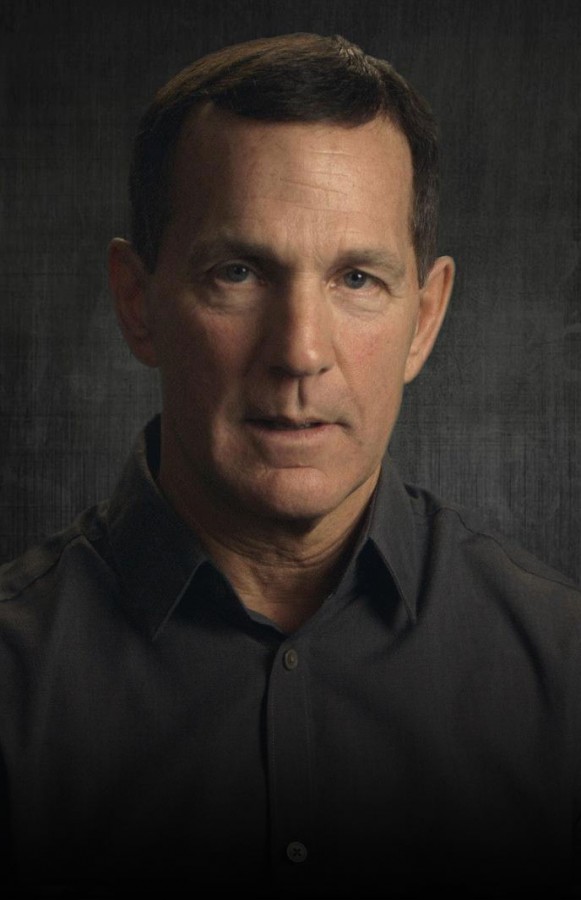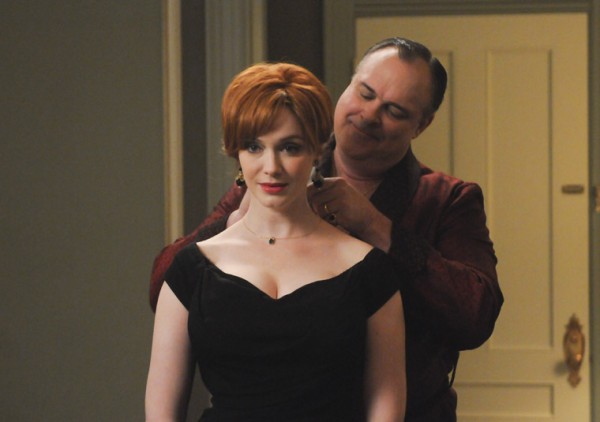Loving Don Draper: Economics and Intimacy in an Abolitionist World
 I
I
Let’s admit it; the job does follow us home. Instead of protesting otherwise, we should claim the potential insight and knowledge of using what we learn and practice while working in our personal lives . While we rightfully contest the ways in which abolitionists frame us as the walking dead—victims who must disassociate to perform the labor (because no one else does that at work ever), brainwashed automatons with no agency—we should also challenge the proscriptive models for intimacy that these parties are covertly espousing through their wish for our extinction. Sex workers unsettle dominant cultural narratives about intimacy and romantic love. We may ignite a set of scorching critiques about these culturally under-examined realms; critiques that expose why abolitionist feminism is so attractive to many people who have no actual interest in the well-being of those in the sex trades.
Amongst ourselves, we talk about how to navigate relations with clients, third-party management, law enforcement, social service providers, and other sex workers. We theorize and debate how to conduct these relationships dependent on various aims. We call for people to become allies and try to provide a model for what that looks like. But how often do we talk about the messy experience of what it can mean and feel like to be a whore in the ‘private’ realm? What happens after we decide to disclose our status as sex workers to SOFFAs (significant others, family, friends, and allies)? How are our intimate relationships shaped by our experiences as sex workers? Inevitably, we experience and negotiate whorephobia in these relationships, so why don’t we discuss how working in the sex industry shapes our experience of intimacy? Perhaps because we fear walking into a trap set by those who are only too happy to look at our departure from social norms and pathologize us. If so, I challenge us: let’s talk about intimacy.
You fell in love with him partly because he was such a good ally. You never had to define terms for him or defend the work to him. He went out of his way to educate himself and others, he asked you about your work day, and he electrified your workplace by periodically bringing his swaggering butch self in to visit. Until one night, a long-brewing fight about the relationship explodes in a rage, and he pulls a Don Draper on you.



